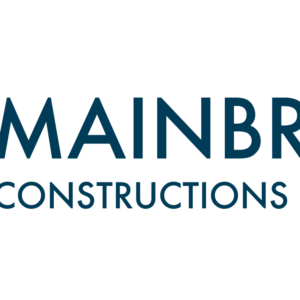Construction project management (CPM) firms are at the forefront of revolutionizing the construction industry through the development and implementation of new techniques, systems, and methodologies. This article explores some of the innovative strategies CPM firms are adopting to improve project management for construction.
Embracing Technology for Efficiency
One of the most significant advancements in construction project management is the adoption of cutting-edge technology. Building Information Modeling (BIM) is a prime example. BIM allows for the creation of digital representations of buildings, enabling project managers to visualize the entire project lifecycle from inception to completion. This technology enhances collaboration among stakeholders, reduces errors, and improves project outcomes by providing a comprehensive view of the project’s progress and potential issues.
Additionally, the use of drones for site surveys and inspections has become increasingly common. Drones provide high-resolution images and real-time data, allowing for more accurate site assessments and monitoring. This technology not only speeds up the inspection process but also improves safety by reducing the need for personnel to access potentially hazardous areas.
Integrating Project Management Software
The integration of advanced project management software has also transformed the way CPM firms operate. Software platforms like Procore, PlanGrid, and Autodesk Construction Cloud offer robust tools for scheduling, budgeting, and communication. These platforms enable project managers to track progress, manage resources, and coordinate tasks more effectively.
Moreover, these software solutions facilitate real-time collaboration among team members, regardless of their physical location. This is particularly beneficial for large-scale projects involving multiple contractors and stakeholders.
Lean Construction Methodology
Lean construction methodology, inspired by principles from the manufacturing industry, focuses on minimizing waste and maximizing value. CPM firms are increasingly adopting lean practices to streamline processes and improve project efficiency. This methodology emphasizes continuous improvement, collaboration, and the elimination of activities that do not add value to the project.
One key aspect of lean construction is the Last Planner System (LPS), which promotes better planning and scheduling through collaboration among all parties involved in the project. LPS ensures that tasks are completed in the most efficient sequence, reducing delays and improving overall productivity.
Sustainable Construction Practices
Sustainability is becoming a critical consideration in construction project management. CPM firms are devising new methodologies to incorporate green building practices and reduce the environmental impact of construction projects. This includes the use of sustainable materials, energy-efficient designs, and waste-reduction strategies.
Green building certifications such as LEED (Leadership in Energy and Environmental Design) are becoming more prevalent, and CPM firms are striving to meet these standards. By integrating sustainable practices into their project management processes, firms can deliver projects that are not only environmentally friendly but also cost-effective in the long term.
Enhanced Risk Management Strategies
Effective risk management is essential for the success of any construction project. CPM firms are developing sophisticated risk management strategies to identify, assess, and mitigate potential risks. This involves conducting thorough risk assessments during the planning phase and implementing robust monitoring systems throughout the project lifecycle.
Advanced analytics and predictive modeling are being used to forecast potential issues and develop contingency plans. By proactively addressing risks, CPM firms can minimize disruptions and ensure smoother project execution.
Emphasis on Training and Development
The success of innovative techniques and methodologies hinges on the skills and knowledge of the project management team. CPM firms are placing a strong emphasis on training and development to equip their staff with the latest tools and best practices. Continuous professional development programs, certifications, and workshops are becoming standard to ensure project managers are well-versed in new technologies and methodologies.
Summing up, project management for construction or CPM firms is continuously innovating to improve project outcomes and adapt to the evolving demands of the industry.

